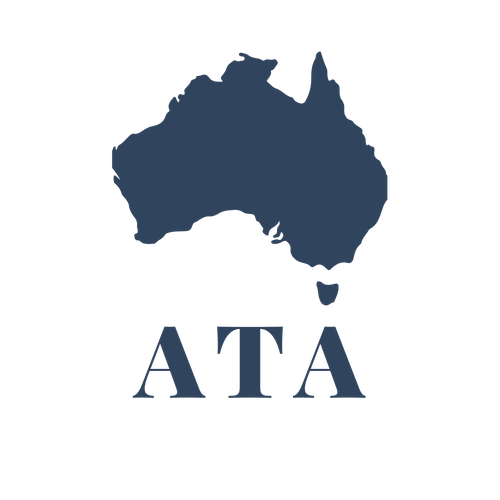We might be ‘one’, but are we really ‘free’?
With Queensland locking down and NSW mandating masks, it seems Scott Morrison changed the wrong word in the national anthem. We are still ‘young’, but we are not ‘one’ and very much are not ‘free’. The government’s response to COVID-19 is dividing us into public and private workers -- haves and have-nots.
As the government weans us off of JobKeeper, the chickens are going to come home to roost of the Australian economy. Policymakers have reduced JobKeeper from $1500 a fortnight to $1200, and this month that number dropped to $1000 a fortnight for full-time workers. From March 28, the government has announced they will no longer fund the program.
The nationwide lockdown bore heavy financial consequences for Australians. Australia’s GDP fell by 4.1 per cent which when compared to countries like the UK which saw a 11.3 per cent drop doesn’t seem too bad. However, Australia’s unemployment rate is an astounding 7 per cent--higher than some of the worst hit countries, and that includes those only still in jobs as a result of JobKeeper.
The Australian economy cannot live on the dole forever. But when the JobKeeper program ends businesses and individuals will start to feel the full impact of the COVID lockdowns. Meanwhile, those with government jobs and companies with government contracts are sitting pretty.
This years’ budget contained a surplus of ‘shovel ready jobs’ or more commonly government contracts for infrastructure and building projects. This last year, the NSW government has spent $22 billion on infrastructure projects the most prominent being the Sydney Metro West, Sydney Metro Greater West, and Western Sydney Airport. That includes $10 million for an ‘Experience Centre’ in the Western Sydney Airport to attract tourists. Only a bureaucrat would assume people come to Australia to see our airports, not our beaches, our restaurants, or our nightlife.
The Australian Government assumes now is a good time to spend a whopping $270 billion on Defence. As China becomes a greater threat, it makes sense to take precautions, but a taxpayer might reasonably ask if such gigantic bills are a sensible use of scarce resources when there are more immediate and compelling threats to our security. Having a strong domestic economy is key to having a secure nation.
Much of this cost went to shiny new equipment including: nine Hunter class frigates, which has gone from $30 billion in 2016 to $45.6 billion in 2020; and the army’s new Infantry Fighting Vehicles, estimated to cost a “mind-boggling” $18–27 billion. Then there’s the sustainment costs for the Super Hornet and the Growler jets, which is a scandalous $100,000 per hour, compared to $15,000 an hour for the older Hornets which still perform well.
Even more ludicrous, the government spent $90 billion on an expensive Attack class submarine fleet to assist the US in surveilling in the South China Sea.
But the defence spending doesn’t end with just defence. In November, Prime Minister Scott Morrison announced a $500 million investment in the redevelopment of the War Memorial because apparently, it is not spacious enough. Even the government’s own Heritage Council was against it.
Most Australians are living in a nightmare with no foreseeable expiration date. In times like this, it would be nice to feel like we matter more than submarines or memorials. In times like this, we would like to see the government taking note of all Australians not just those on their payroll.
Instead, even with minimal cases, state governments are handing down ever tighter restrictions. While inconvenient for all of us, those with a government job don’t need to worry so much about losing their livelihoods.
For every worker hired by the government on the taxpayer dime, 42 private sector workers have lost their jobs. Australia has few COVID cases. While our GDP has dropped it doesn’t look too bad on paper. But a group of Australians, small business owners and private-sector workers, are truly suffering. Shovel ready jobs and government spending to push up GDP don’t change that.
Policymakers must remember COVID-19, with a mortality rate of 0.0036 per cent in Australia, is not the only sickness that Australians are suffering from right now.
The Australian government is not putting its people first; it's playing favourites. Our policymakers are playing a PR game and recklessly spending to make sure we have pretty numbers to show the world. I hope we will once again be both one and free, but first, our politicians must rethink how they have been addressing this crisis.
This article first appeared in MyChoice on 12 January 2021.
